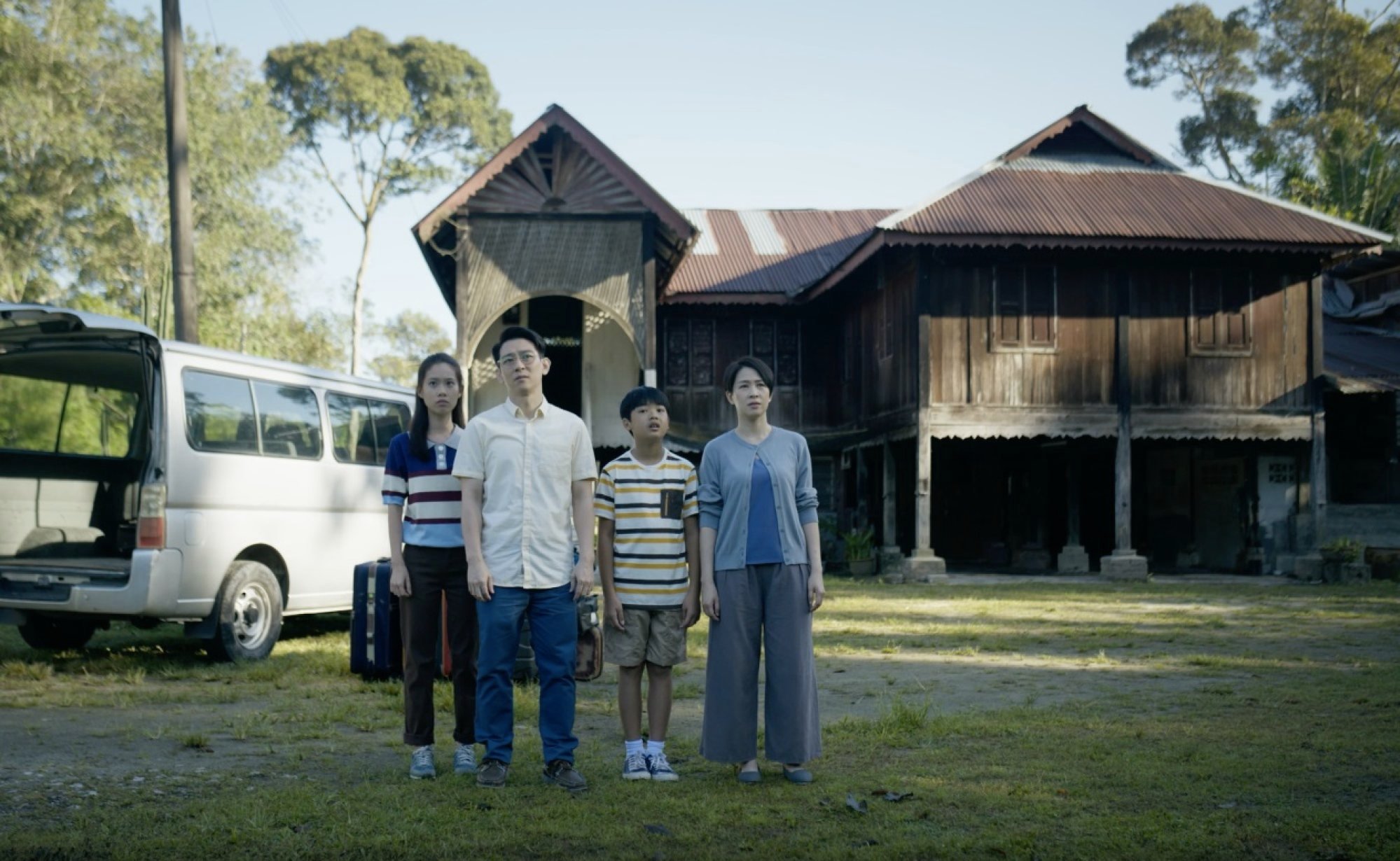“The world now knows Malaysia,” Finas chairman Kamil Othman said. “Malaysian cinema is making its wave so our duty and challenge is that it continues.”
Abang Adik: Wu Kang-ren stars as a deaf-mute in Malaysian film
Abang Adik: Wu Kang-ren stars as a deaf-mute in Malaysian film
The awards came two years after the Malaysian government announced the country’s ambition to win an Academy Award and launched the “Road to Oscars” mission to improve the quality of Malaysian films.
Rain Town, which is set to hit cinemas next February, has already won acclaim at several international film festivals ahead of its commercial launch, including at the 37th Vancouver Asian Film Festival in Canada.
Despite the flurry of awards and recognition overseas, Malaysian filmmakers often have to battle censorship, condemnation from conservative groups and lukewarm support.
In November, Eu denounced the version of Tiger Stripes released in Malaysia, saying that the film was cut so heavily by the country’s censorship board that it had lost its impact.

“The very essence of why I made this film [has been] removed,” Eu told British newspaper The Guardian.
The culture war between the creative industries and conservatives intensified after the Pan-Malaysian Islamic Party (PAS) emerged as the single largest party in parliament in the 2022 general elections. The party’s ascendancy prompted the government to take sweeping steps seen as appeasing conservative Malays, according to political analysts.
Among them, concerts and books deemed as unIslamic have been heavily censored or banned. The Pride-themed watches by Swiss watch company Swatch with the letters “LGBTQ” emblazoned on them were confiscated in May by the authorities.
Malaysia’s tech hub ambition takes major leap with new digital-focused ministry
Malaysia’s tech hub ambition takes major leap with new digital-focused ministry
Challenging societal perceptions
Critically acclaimed Malaysian films such as Tiger Stripes are a stark contrast thematically to other commercially successful works in the country that are perceived to be more conservative-leaning.
Malaysian author and playwright Faisal Tehrani dismissed Mat Kilau as “shallow” and “technically flawed”, saying that it catered to the ultra-conservative segments of society.
“You use film as a vehicle for preaching your dogma, while our agenda is only to go against racism, the propagation of ignorance and the spread of extremism,” Faisal told This Week in Asia.
Censorship rises in Malaysia under Anwar despite his pro-reform pledge: report
Censorship rises in Malaysia under Anwar despite his pro-reform pledge: report
The dichotomy between hit films such as Mat Kilau and critically acclaimed independent works is further underscored by the negative responses by officials and even filmmakers to Maryam, which is written by Faisal.
Maryam, a film about a 50-year-old Muslim woman who hopes to marry her younger boyfriend from Sierra Leone, was banned by authorities even for private screenings. Several of Faisal’s peers in the industry have slammed the film for having “ulterior motives”.
Sounding a conciliatory note, Tunku Mona Riza, the Malay director of Rain Town, said she hopes that the industry can stand united to create films that bring Malaysians together.
“That respect will make us tighter as one strong community, one strong industry, one respectable industry,” Mona said at the film’s launch in Kuala Lumpur.
Rain Town is the first Chinese-language film directed by a Malay woman. Its original script was written in Malay before being adapted into Cantonese with the help of native speakers.

While the film has yet to draw any controversy, it contains a segment on “rain betting”, in which locals bet on the timing of rainfall. Gambling is illegal in Malaysia and a cardinal sin for Muslims.
To circumvent the scrutiny of censors, some Malaysian filmmakers are seeking to launch their works through social media platforms.
Pendatang has received funding from almost 600 individual donors since July 2022 and is set to premiere on YouTube on Thursday.
Commenting on the trend, Faisal said the Malaysian government should step back from its “father knows best” approach towards filmmakers and their industry.
“Time has changed, and the ‘children’ now have their perspective. ‘Fathers’ need to adapt to the change,” he said.

